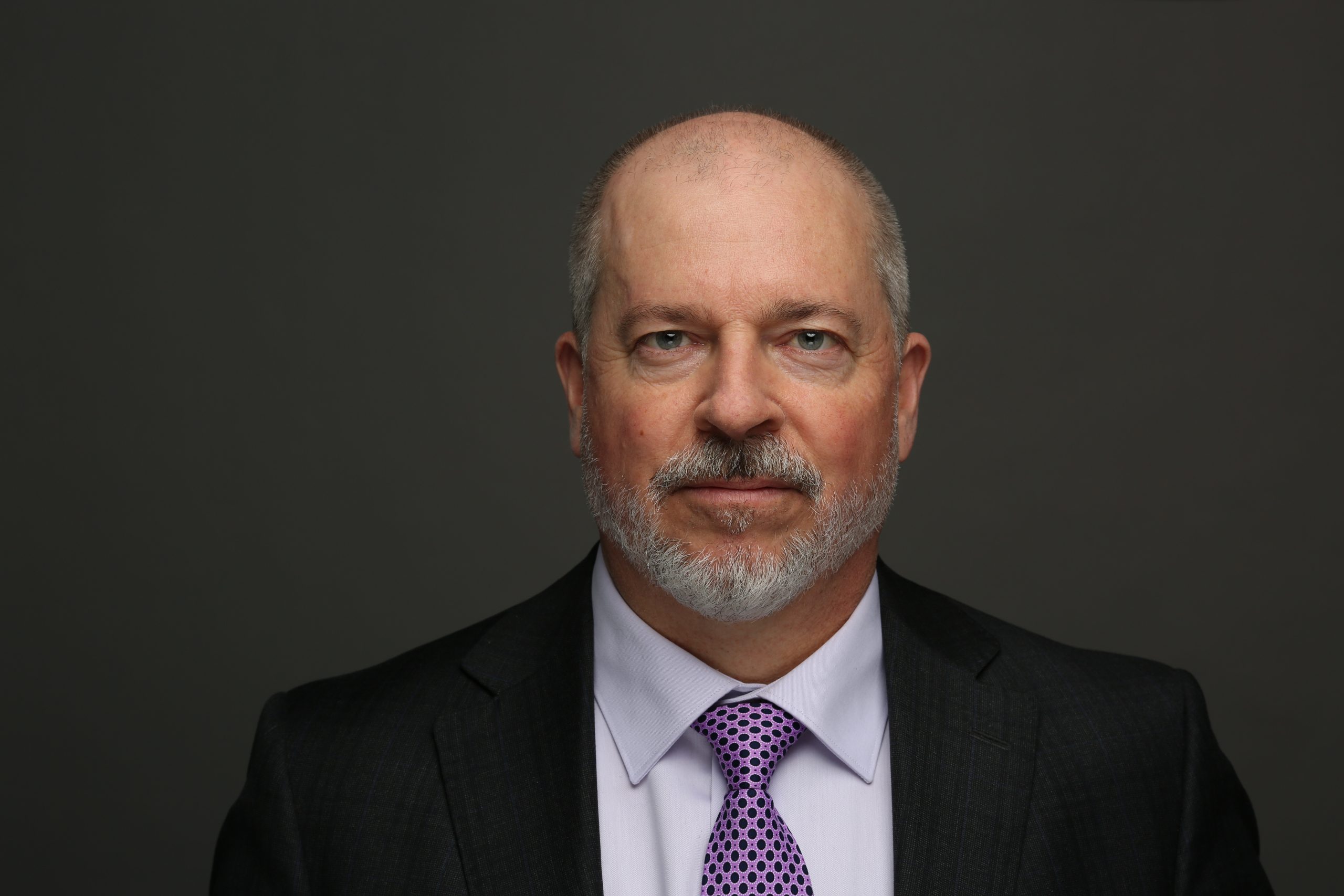Nuclear energy provided about 10 per cent of global power in 2021, says new research from the Canadian Energy Centre.
According to the International Atomic Energy Agency (IAEA), global nuclear power generation increased over the last twenty years, reaching 2,653 Terawatt hours in 2021. Canada’s share has remained comparatively stable (86.8 TWh in 2021), but it could grow as small modular reactors are built to help satisfy increased electricity demand across the country.
John Gorman, CEO of the Canadian Nuclear Association, shared his perspective with the Canadian Energy Centre on the state of nuclear power and what the future could hold.
CEC: What role does nuclear energy play in the world today?
Gorman: Nuclear has gained an added dimension since Russia’s invasion of Ukraine. Until February of last year, this had mainly been a discussion about the role of nuclear in addressing climate change. Now it has also become a question of nuclear creating secure energy ecosystems around the world, because nuclear can be built anywhere at almost any scale, because of small modular reactors.
There is a real acceleration in terms of keeping existing nuclear facilities alive and bringing new nuclear of all different sizes online.
CEC: What role does nuclear play in Canada?

John Gorman, CEO of the Canadian Nuclear Association. Photo courtesy Canadian Nuclear Association.
Gorman: People sometimes overlook the very significant role nuclear has played in Canada for over six decades. It provides 60 per cent of Ontario’s electricity and one third of the electricity in New Brunswick. This is based on CANDU reactor technology, which has been exported to seven countries. Our history in nuclear means Canada is recognized as a world leader in innovation, safety and responsible nuclear power plant operation.
As a nation, we need to probably double or triple the amount of electricity we produce, and it must be emissions free. Certainly, nuclear is going to play a very strong role because we produce baseload power that is emission free, and you need baseload power to accompany variable renewables like wind and solar.
We need at least 18 gigawatts of new nuclear by 2050 – just in Ontario alone. Small modular reactors, which we are world leaders in, produce very high temperature heat, which can be used for electricity but also to produce hydrogen or to replace the heat used in industrial processes.
CEC: How has nuclear energy in Canada evolved over time?
Gorman: It has evolved in a couple of significant ways – one is building on the incredible track record of our CANDU technology. We have embarked on extending the service life of the power plants at Darlington and Bruce Power in Ontario, which is a $26 billion refurbishment and one of the largest infrastructure projects in Canada. It is on time and budget and will provide clean, affordable electricity into the 2060s at least.
It is a very innovative ecosystem based on CANDU that is enabling us to be world leaders in small modular reactor deployment. The newest change you’re seeing in Canada is that in 2028 we’re going to have our first small modular reactor online at Darlington. There are four of those being built – and then another four in Saskatchewan. So, we’re really leading the pack.
CEC: What are your expectations for the future?
Gorman: A continued recognition that nuclear is a safe, clean, affordable and indispensable clean technology that is needed to reach net zero. I expect we’re going to see continued industry investment, greater government and public policy support, and public support for nuclear.
Budget 2023 has firmly placed nuclear on the top shelf of a small number of technologies that are going to be central to Canada’s future. That includes things like hydrogen, carbon capture and storage, nuclear and renewables.
The unaltered reproduction of this content is free of charge with attribution to Canadian Energy Centre Ltd.
